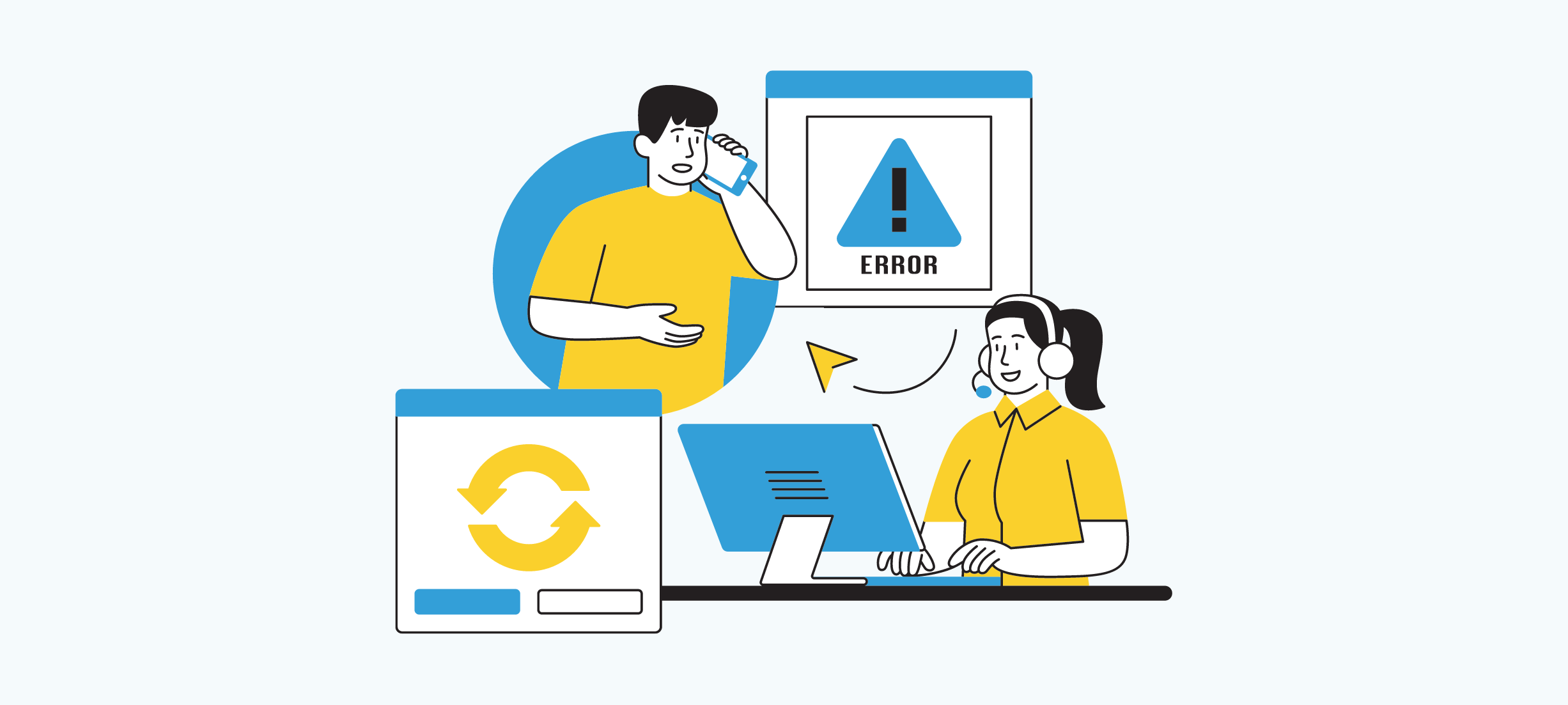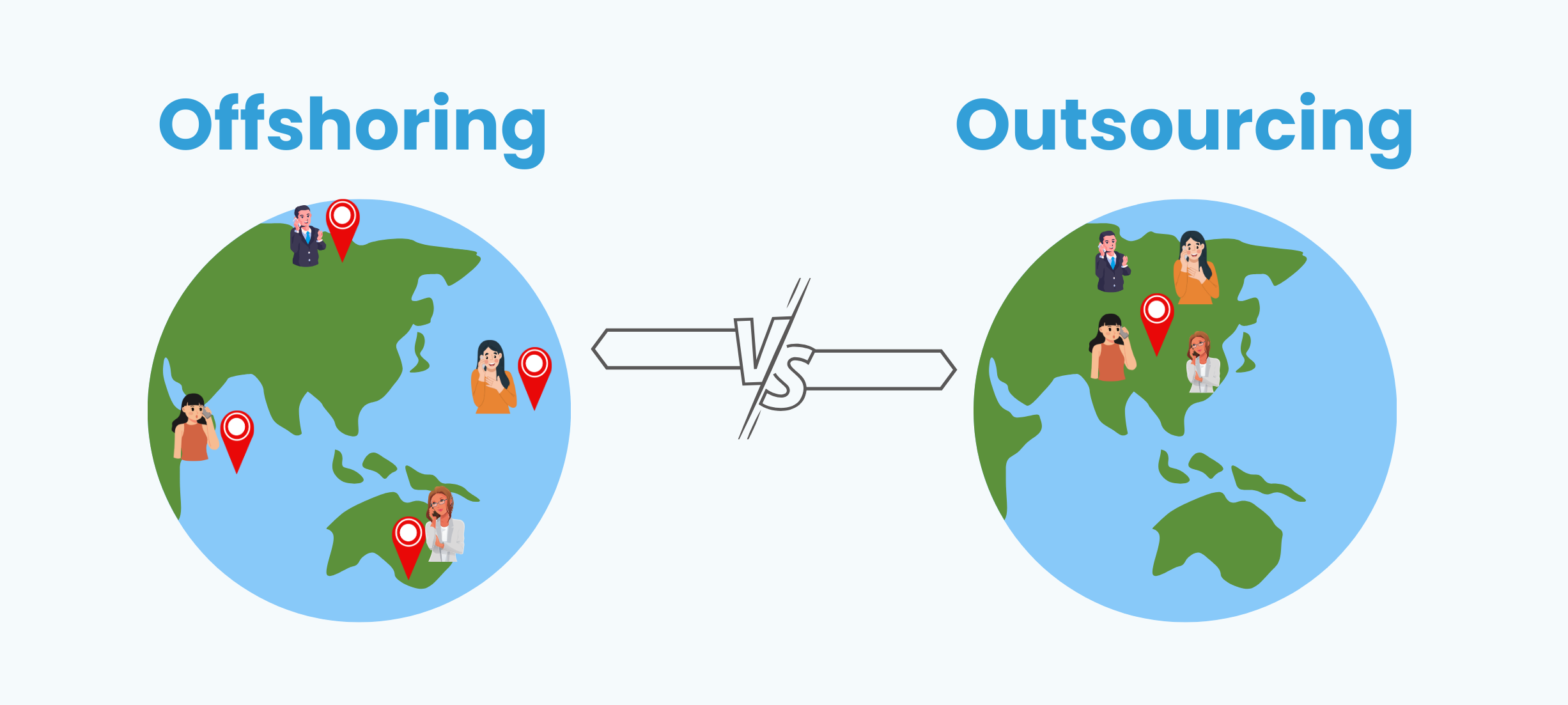If you’re thinking about coming back to the United States after living in another country, you might be worried about taxes. You don’t want to pay taxes in both countries, right? It can also be a bit of a headache making sure you give all the right papers to the IRS. Check out some easy “Tax Ideas for Expats” to help you with this process.
If you’re reading this, it’s likely because you’re planning to move back to the US as an American who was living abroad. Or maybe you’re already in the process of moving. Before you get on that plane, let’s talk about some important things you should know about your taxes.
Accountability for income earned abroad
When you come back to the United States after living in another country, you might make money from both the US and the foreign place. For example, you could have a new job in the US where your employer handles your taxes. At the same time, you might still be getting money from a bank account in another country or earning rent from a property there. The money you make abroad may be taxed in that country.
But don’t worry! If that happens, you can use the Foreign Tax Credit. This credit helps you avoid paying taxes on the same income twice. To get this credit, you have to fill out a form called Form 1116. You can find it on the IRS website or contact us.
Changes to deadlines for filing and paying taxes
The IRS gives extra time to people living outside the US to file or pay their taxes. But remember, once you return to the United States (this applies to Green Card Holders too), you need to go back to the regular tax rules and pay your taxes by the usual tax day.
Usually, tax day is on April 15th each year, but sometimes (like if it’s on a weekend or during special situations like the COVID-19 pandemic), the date might change.
Considerations for US employers when relocating to the US
When you get a new job in the United States after living in another country, your employer is in charge of handling most of your taxes. But sometimes, they might not know that you earned money in a foreign country before moving back to the US.
If your employer doesn’t realize this, they might not deduct enough taxes from your paychecks. This can cause a problem when you file your taxes for the first time after returning to the US because you might owe more money than expected.
To avoid any issues, make sure your employer knows about the money you earned abroad earlier in the year. This way, they can take out the right amount of taxes from your paycheck. It’s a good idea because it saves you from dealing with a lot of complications when tax time rolls around.
10 tax tips for expats moving back to the US
So you’re trading in your passport for a green card and heading back to the US – welcome home! But before you dive into that apple pie, there’s one thing you gotta face: taxes.
Fear not, These 10 tips will help you navigate the tax jungle like a seasoned explorer.
Tip 1: Ask your employer about departure paperwork.
Leaving your job abroad? Make sure your employer files the right paperwork to avoid any tax surprises later.
Tip 2: Check your salary.
Sometimes, employers add extra money to your paycheck to cover foreign taxes. This is called “grossing up,” and it might affect your US taxes. Ask your employer if they did this, so you can plan accordingly.
Tip 3: Know where you stand (residency status 101)
Before you file your taxes, figure out if you’re a resident of the US or not. It’s like choosing a team – are you red, white, and blue, or still rocking the foreign flag?
Tip 4: Don’t forget your local roots (state residency matters)
Same goes for state taxes! Depending on how long you’ve been back, you might be considered a resident of a specific state. Double-check before filing, or you might end up paying double the fun.
Tip 5: Clean house (overseas accounts and assets)
Moving on from those foreign bank accounts and investments? Great! But understand how selling or closing them might affect your taxes. Think of it like clearing out your old apartment before moving in.
Tip 6: Property woes (selling abroad = tax time)
Selling a house or land you owned abroad? Brace yourself for some tax implications. It’s not a dealbreaker but knowing the rules beforehand will save you headaches in the long run.
Tip 7: Get your social security (foreign payments = refunds!)
Did you pay into a foreign social security system? You might be eligible for a refund! Consider it a bonus welcome-home gift from the government.
Tip 8: Deferred dreams (keeping track of your money)
Did your employer hold onto some of your pay for later? This is called deferred compensation, and it gets taxed differently. Don’t let it become a tax mystery – keep track of it!
Tip 9: Pension decisions (foreign plans = US taxman)
Got a pension plan from your time abroad? You’ll need to decide how to handle it in the US tax system. Research your options, and don’t be afraid to ask for help!
Tip 10: Free money! (claim your tax credits and deductions)
The US offers lots of tax breaks for things like education, healthcare, and even charitable donations. Don’t miss out! Claim all the credits and deductions you’re eligible for – it’s like finding hidden treasure in your tax return.
Need US taxes support?
Returning to the US as an expat involves navigating through various tax considerations, and staying informed is key to a smooth transition. From understanding residency status to managing foreign income, these tax tips aim to guide expats in making informed decisions. However, the complexities of tax regulations can be overwhelming.
At BookkeeperLive, we specialize in simplifying tax processes for expats moving back to the US. Our expert team ensure you leverage all available benefits and file necessary forms accurately. Don’t let tax complexities become a burden. Try our free trial today, and experience hassle-free tax management. Contact us now to embark on a worry-free journey toward tax compliance. Hurry up, and make your tax transition as smooth as possible!
FAQs
What happens to my foreign pension when I move back?
You have options like withdrawing it, rolling it over to a US retirement account, or keeping it in the foreign plan.
Can I seek a refund for social security contributions made in another country?
Yes, explore the process of getting back some of the Social Security money you contributed abroad.
How do I determine my residency status for tax purposes?
There are specific tests based on physical presence and ties to the US.
Do I have to file a US tax return if I was living abroad?
It depends on your income and residency status. Even if you lived abroad, you may still need to file.
What tax benefits are available for expats?
There are several, including the Foreign Earned Income Exclusion (FEIE) and the Foreign Tax Credit (FTC).








